Self-Care
Self-care is such a buzz word these days. We’re bombarded with urgent messages to take care of ourselves, to have work/life balance, to invest in ourselves. But there is rarely a guide to “how to start.”
Boost defines self-care as: the practice of taking action to preserve or improve one's own health. This is a broad definition that can be interpreted in many different ways….and we like it that way. Self-care is: what you make it. You get to decide what feels good. But this comes with the large task of sifting through everyone else’s versions and definitions of self-care: exercise, spa days, vacations, reading, journaling, meditation, baking, spending time with friends, traveling…. etc. etc. etc. (Just like in the “King and I” …. poor reference…sorry).
How do we:
- Identify what self-care is for us
- Establish a self-care routine
- Make time for self-care
Real talk: Something that no one often shares is that self-care doesn’t always feel good. Yes, you read that right. You’re participating in something to encourage self-worth and self-love and the experience is not necessarily comforting. At first it may feel awkward, infuriating, and puzzling. Sometimes taking care of ourselves means doing things that are good for us but not immediately gratifying: a new workout, a new meal plan, setting boundaries, sitting in silence, developing new friendships, closing toxic ones…these are important ways of taking care of ourselves, and they are full of tough choices. So, throughout our self-care journey it’s important to notice the small gains, the little victories, and the subtle cues of relaxation, contentment, and joy. These things steer us in the right direction.
“Throughout our self-care journey it’s important to notice the small gains, the little victories, and the subtle cues of relaxation, contentment, and joy. ”
Similarly, identifying what self-care is for you takes practice. We have to be willing to not take ourselves too seriously. To view these new practices with a child’s mind, with: curiosity, opportunity, excitement, and delight. We have to channel the courage to take a risk and surrender to the idea that things are going to get messy. And this requires us to quiet the perfectionistic mind and keep at it.
And all of this takes time…yep…the one thing you don’t feel like you have. But when we activate present day living, we often discover that we do have time. We’re just prioritizing other things: Netflix, scrolling social media, work (distractions). I should also clarify that we’re not saying that watching shows, connecting with friends, and making a living are not worthwhile…. they definitely are. But we are saying that self-care should be viewed as equally as important. This commands us to have tough conversations with ourselves. This process demands that we are open and honest with ourselves. Our willingness to be vulnerable helps us determine what pastimes are diversions and which are restorative.
Start today! Make a list of things you feel may be recuperative. Then, like a scientist, start experimenting with the items. Drop any questions or comments you have in the space below!



